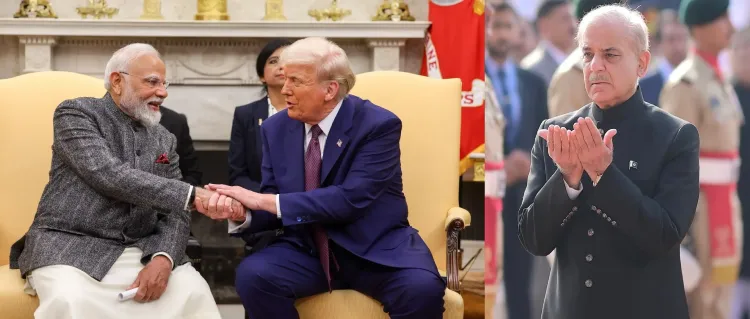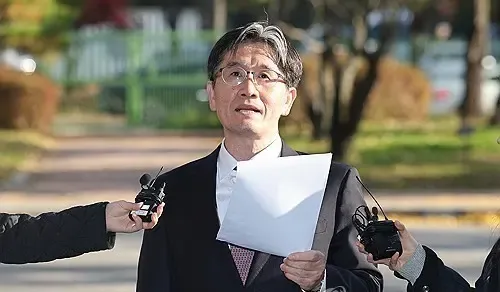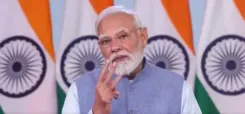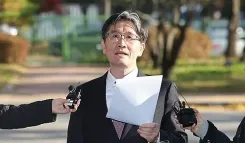Pakistan Alarmed by Terror Reference in India-US Joint Statement and Growing Defense Ties

Synopsis
Key Takeaways
- Pakistan expressed surprise at its mention in the India-US Joint Statement.
- Pakistan highlighted past counter-terrorism cooperation with the US.
- Joint Statement emphasized the need to combat terrorist safe havens.
- US announced plans to extradite Tahawwur Rana to India.
- Pakistan raised concerns over the India-US defense partnership.
Islamabad/New Delhi, Feb 14 (NationPress) Disturbed by a direct mention of Pakistan in the India-US Joint Statement that followed the meeting between Prime Minister Narendra Modi and US President Donald Trump in Washington, Islamabad expressed its astonishment on Friday by referring to its historical counter-terrorism collaboration with the United States.
"We regard the Pakistan-specific reference in the Indo-US joint statement of Feb 13 as biased, misleading, and inconsistent with diplomatic norms. We are astonished that this reference was included in the joint statement despite Pakistan's counter-terrorism efforts with the US," stated Pakistan Foreign Office (FO) spokesperson Shafqat Ali Khan during a routine media briefing.
PM Modi and Trump engaged in an extensive dialogue regarding the global issue of terrorism and reiterated the necessity to eliminate terrorist havens globally.
"Acknowledging a mutual desire to bring to justice those who threaten our citizens, the US confirmed that the extradition of Tahawwur Rana to India has been sanctioned. The leaders also urged Pakistan to swiftly bring to justice the individuals responsible for the 26/11 Mumbai and Pathankot attacks and ensure its territory is not exploited for cross-border terrorist activities," noted the Joint Statement issued post-meeting.
Tahawwur Hussain Rana, a businessman of Pakistani descent, is accused of playing a role in the 2008 Mumbai attacks that claimed 166 lives, including six Americans, by providing logistical support to the Pakistani terrorist group Lashkar-e-Taiba.
He is linked to Pakistani-American terrorist David Coleman Headley, a principal conspirator in the attacks, and is also alleged to have strong ties with Pakistan's Inter-Services Intelligence (ISI).
The statement highlighted the unified resolve of both leaders to enhance cooperation against terrorist threats from groups such as Al-Qa'ida, ISIS, Jaish-e Mohammad, and Lashkar-e-Tayyiba, aiming to avert heinous acts similar to the 26/11 Mumbai attacks and the Abbey Gate bombing in Afghanistan on August 26, 2021.
Both leaders committed to collaborating to thwart the proliferation of weapons of mass destruction and their delivery systems, ensuring that such weapons do not reach terrorists and non-state actors.
As Prime Minister Modi and US President Trump outlined plans to pursue new acquisitions and co-production agreements for 'Javelin' Anti-Tank Guided Missiles and 'Stryker' Infantry Combat Vehicles in India, while also enhancing defense technology collaboration across various domains, the Pakistani Foreign Ministry voiced its apprehension regarding the strengthening India-US defense alliance.
"Pakistan is profoundly concerned about the intended transfer of military technology to India. Such actions exacerbate military disparities in the region and threaten strategic stability. They are detrimental to achieving lasting peace in South Asia," remarked Shafqat Ali Khan.









